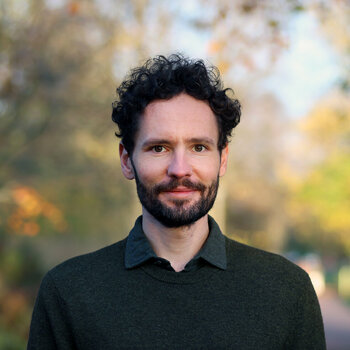Can AI Detect Hate? Technological Imaginations and the Problem of Extreme Speech
Gesprächsrunde
Die ZKF Public Talks sind unser wöchentliches Forum, um über aktuelle Forschungen und spannende Themen ins Gespräch zu kommen. Im Anschluss an die Vorträge und Diskussionen gibt es Gelegenheit zum geselligen Treffen und informellen Gespräch. Bürger:innen, Mitarbeiter:innen und Student:innen sind herzlich willkommen!
Der Online-Talk “Can AI Detect Hate? Technological Imaginations and the Problem of Extreme Speech” von Prof. Dr. Sahanda Udupa findet in Kooperation mit dem FGZ Konstanz statt und wird von Dr. Steffen Krämer moderiert.
As giant social media companies face the heat of the societal consequences of polarized content they facilitate on their platforms while also remaining relentless in their pursuit of monetizable data, the problem of moderating online content has reached monumental proportions. Partly to preempt regulatory action and partly in response to public criticism, social media companies are making greater pledges to contain harmful content on their platforms. In these efforts, artificial intelligence (AI) has emerged as a shared imaginary of technological solutionism. This talk will highlight practical and conceptual challenges of AI-assisted moderation in corporate practices, using this as a crucial window to inquire AI’s accountability for its political consequences. I will advance a perspective to link debates surrounding “decoloniality” with AI studies, arguing for historical continuities and global asymmetries that undergird the current moment.
Weitere Informationen zur Veranstaltung finden Sie hier.

